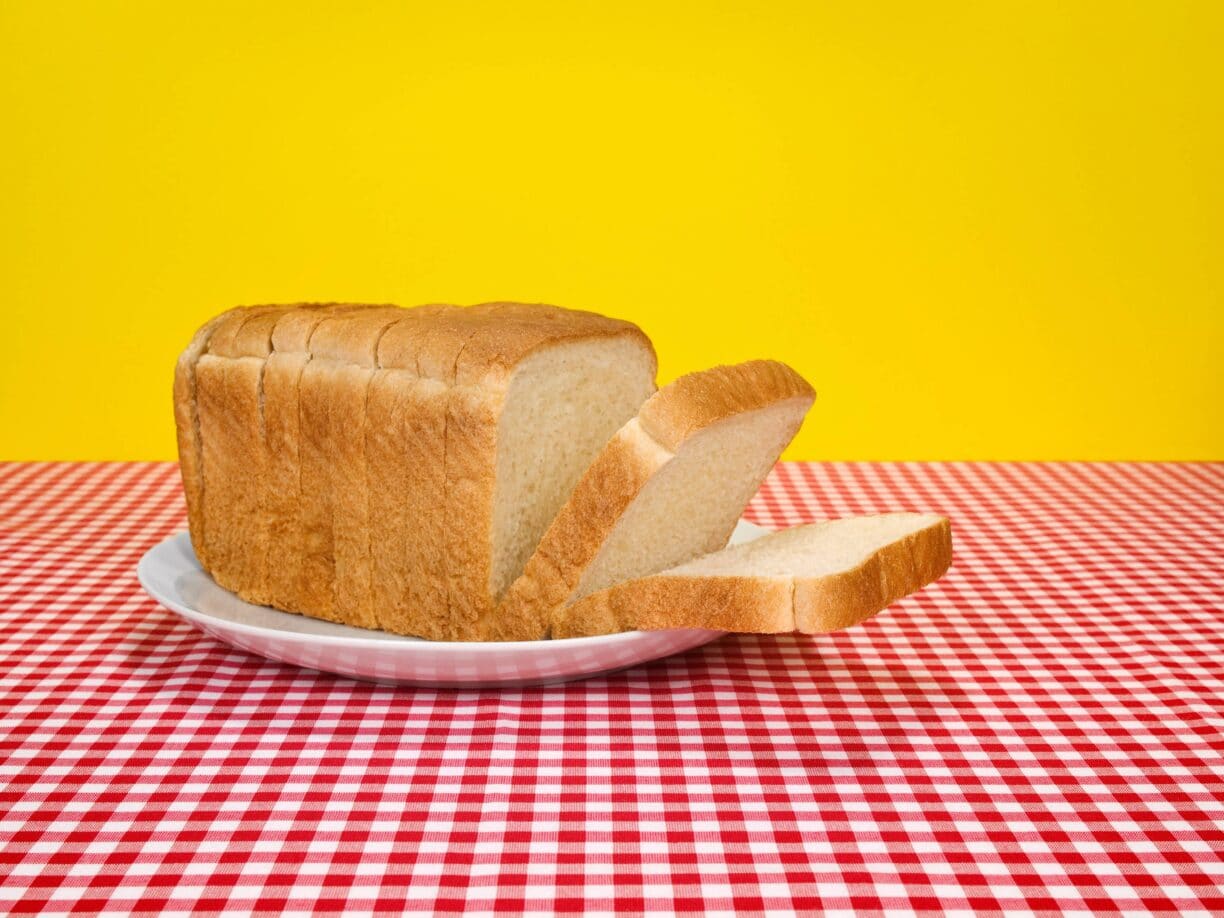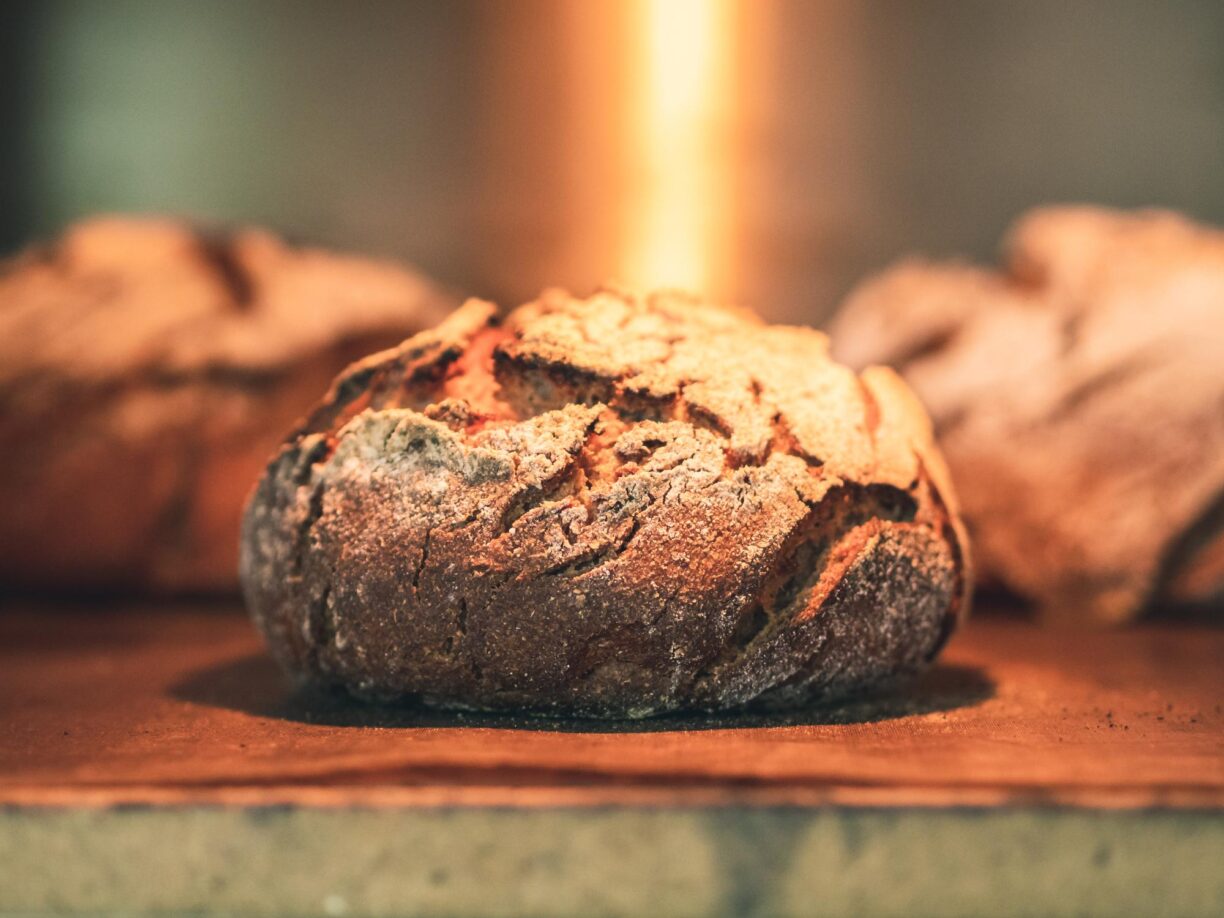Type 2 Diabetes is often referred to as ‘the lifestyle disease’ as typically being overweight plays a big part in diagnoses. The lifestyle you lead and the foods you choose to nourish your body will help to manage blood sugar levels.
Those who have been diagnosed with the condition will likely need to make changes to their lifestyle to normalise their glucose levels. Altering your diet is often one of the main changes recommended by healthcare professionals.
Dietary changes tend to include reducing unhealthy fats and increasing protein. This isn’t always easy and depriving oneself often leads to cravings and eventually giving in! Many diabetics assume they are meant to give up all carbs—but this isn’t always necessary.
While you should always consult with your doctor about diet plans, there may be some types of carbs that are actually good for you as a diabetic.
Here, we’ll cover how different types of bread affect glucose levels and the best options for those with type 2 diabetes.
Bread and Diabetes
Many people assume that people with diabetes should always avoid bread. Some even go on the low-carb keto diet. However, there are actually some cases where bread is appropriate.
With diabetes, it is recommended that you eat foods that help you control your blood sugar and maintain a healthy weight.
Too many calories and too much fat can cause blood sugar to spike, which can be dangerous for diabetics.
Diabetics are often encouraged to eat three meals a day that consist of healthy carbohydrates, moderate amounts of protein, fibre-rich foods, and good fats.
Foods that contain excessive amounts of saturated fats, trans fats, cholesterol, or sodium can be problematic for diabetics.
While you may think that any type of bread counts as unhealthy carbohydrates, this isn’t always the case. Certain low-carb breads for diabetics can be safe to eat.
Medical professionals usually recommend low-carb breads made with whole grains because these contain plenty of fibre and low amounts of refined carbohydrates.
Why is white bread bad for you?

There are so many ways to switch up your diet whilst still being able to enjoy bread. There are plenty of different types and some are healthier than others.
White bread usually scores around 75 on the Glycemic index (scores out of 100 which measures foods based on how slowly or how quickly they cause increases in blood glucose levels).
White bread is also problematic for diabetics as it is made with white flour. White flour contains refined carbohydrates, which can lead to a higher glycemic index and interfere with glucose control.
The Healthiest Breads for Diabetics

If you’re a fan of bread but are looking to keep your blood sugar levels stable – opt for the different varieties below.
Whole Wheat or Whole Grain Bread
Many professionals recommend whole wheat bread for diabetics because of its high fibre content. It’s slightly lower on the GI index at 74 since whole wheat bread is made with whole wheat flour, which doesn’t affect blood glucose levels as severely or as quickly as refined carbs.
Rye Bread
Rye bread is made of grains—unlike white bread. It has fewer calories (roughly 60 per slice) and a much lower GI score at 56-78. When looking for a healthy rye bread, you may want to start with pumpernickel, which is on the lower end of the GI index.
Keep an eye on the ingredients list when shopping for rye bread, as some may contain processed sugars, preservatives, and additives.
Whole wheat tortillas
A great alternative to white tortillas, as they have a lower GI. Be sure to find a brand that uses 100% whole wheat flour.
Oat Bran
Another great option for diabetics, oat bran has been shown to reduce the risk of heart disease, thanks to its high-fibre content.
Plus, its beta-glucan content helps to slow down the digestion process, making it easier for your body to digest carbs without causing sugar spikes.
Support Your Healthy Lifestyle with a Natural Supplement from CuraLife
Dr Sarah Brewer recommends CuraLin for those suffering with type 2 diabetes due to the positive effects reported and measured by its users.
Dr Brewer explains, “The blend of 10 Ayurvedic herbs within CuraLin have a range of beneficial effects on glucose control and metabolism.
CuraLin (RRP £59.00,) is a specially tailored natural formula that promotes healthy and balanced blood sugar levels and insulin production in those suffering from Type 2 Diabetes.
The nutritional supplement is made from a mixture of ten natural ingredients, which work with the body to help balance the blood sugar profile.
As a result, users report that their glucose control quickly improves and, in some cases, normalises within 4 weeks. Users also report reduced cravings for sweet food, and experience improved energy, sleep and general quality of life.





